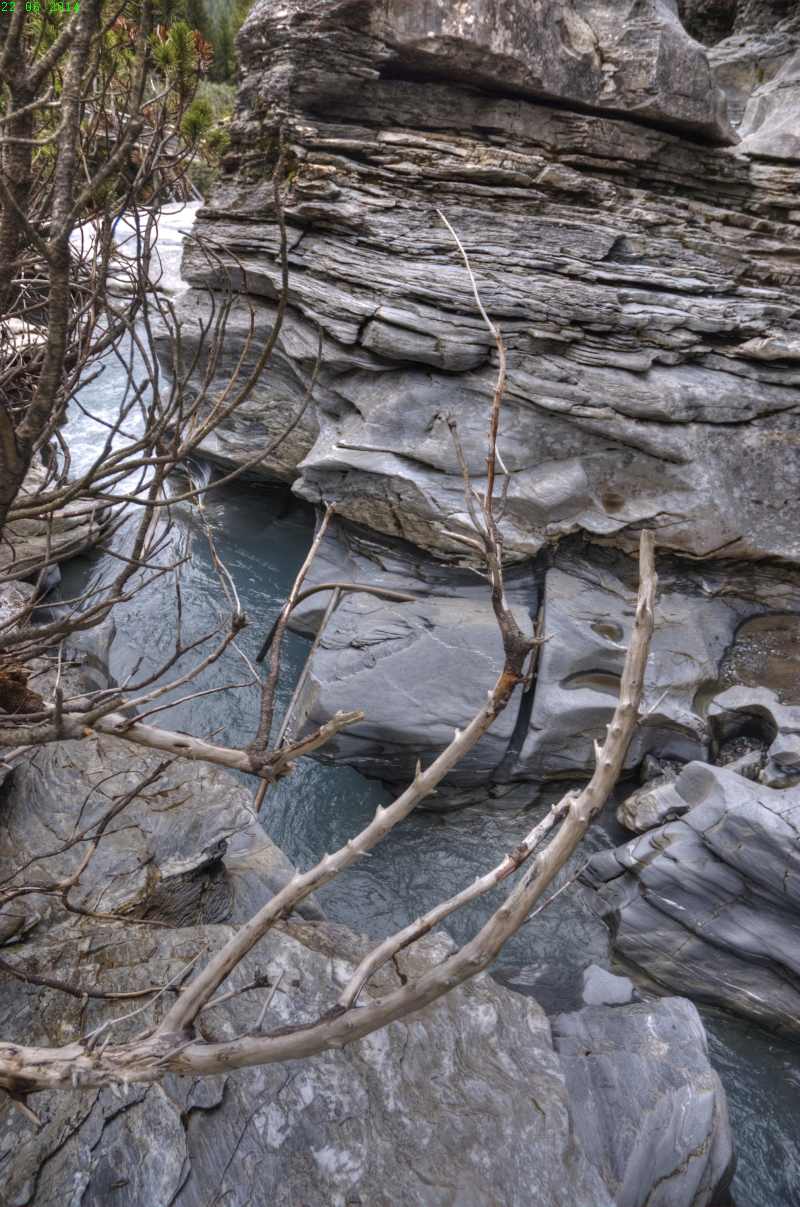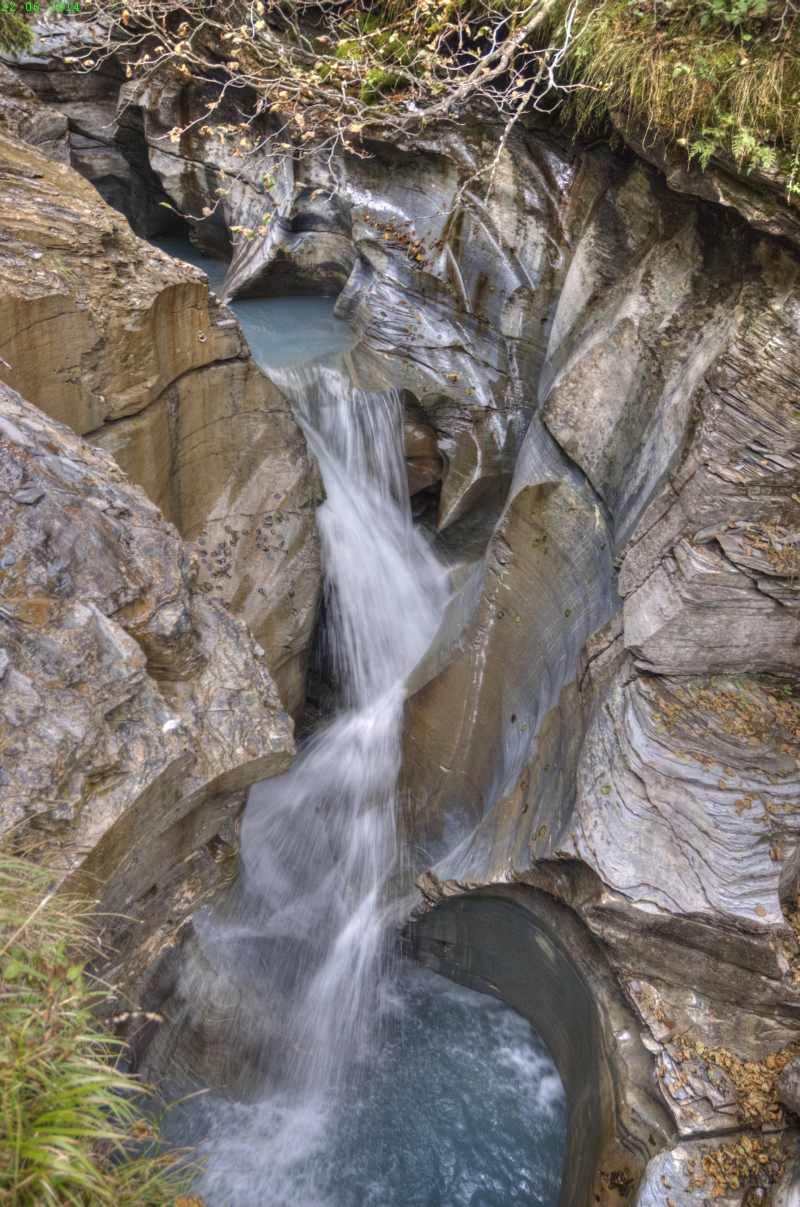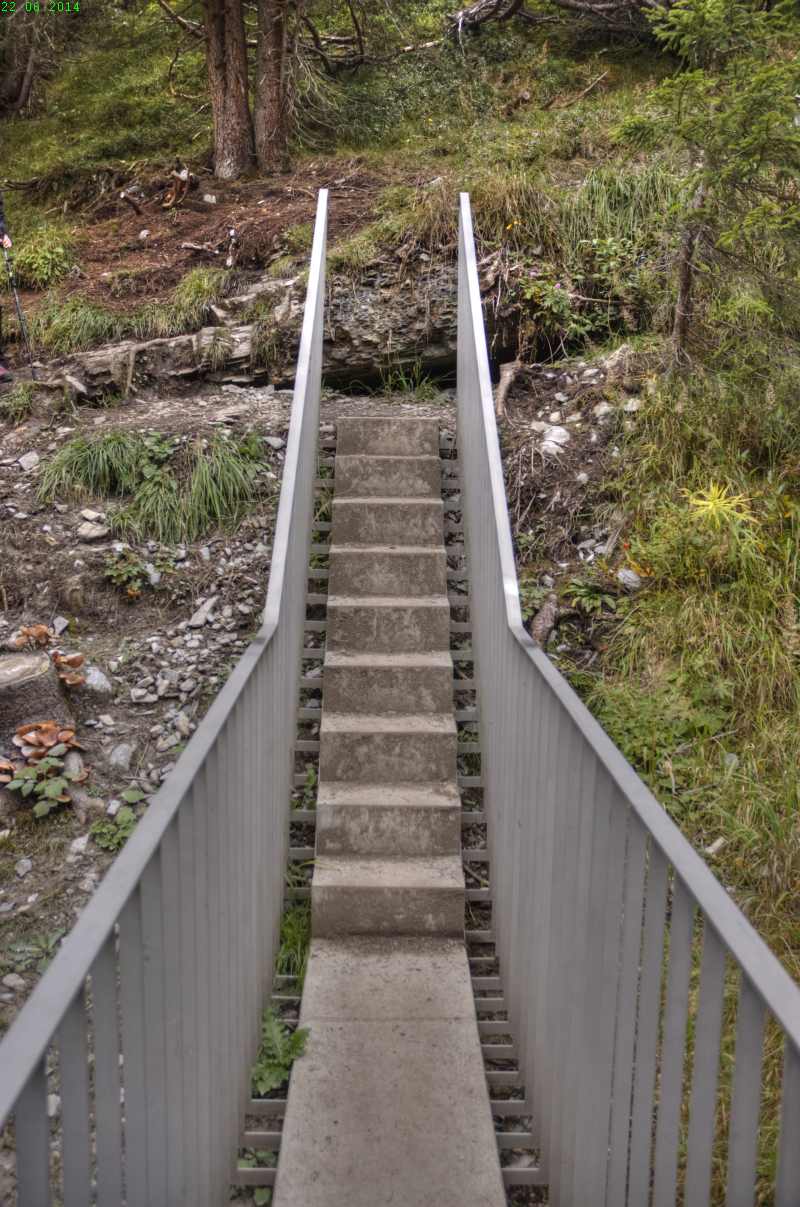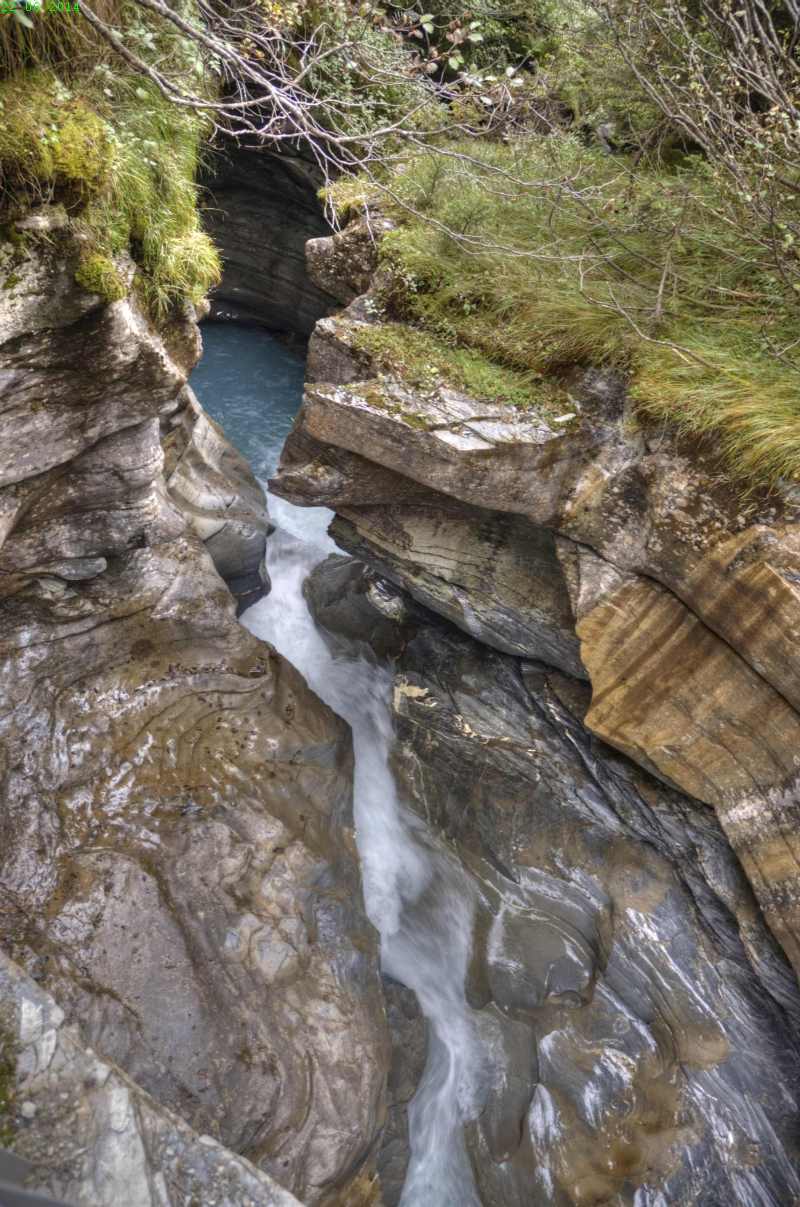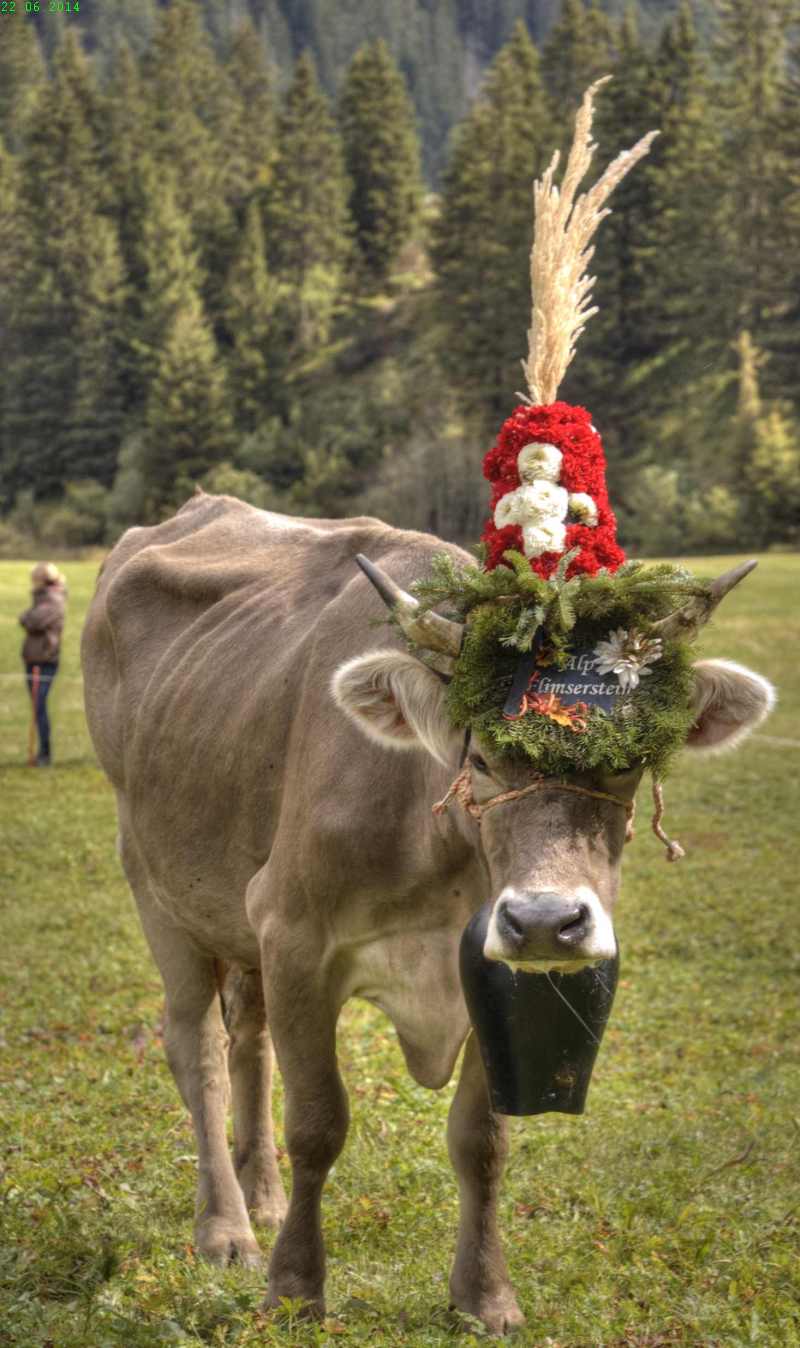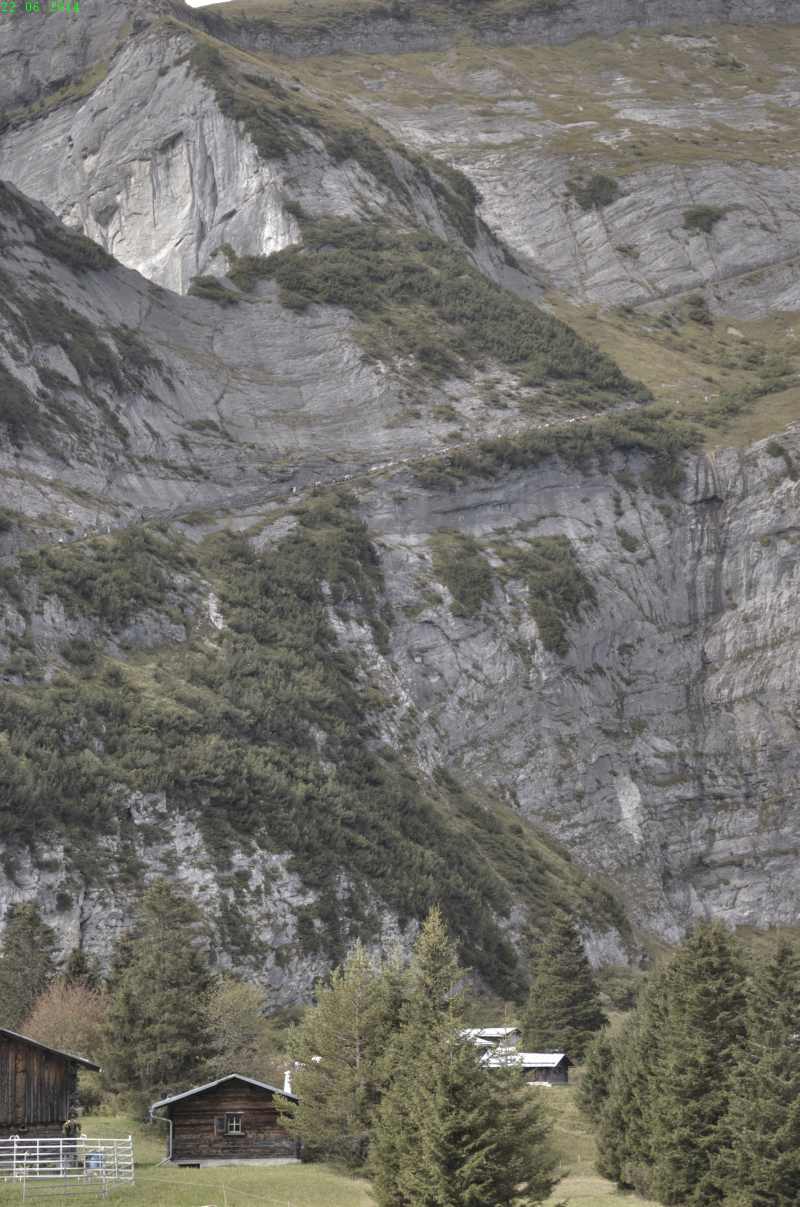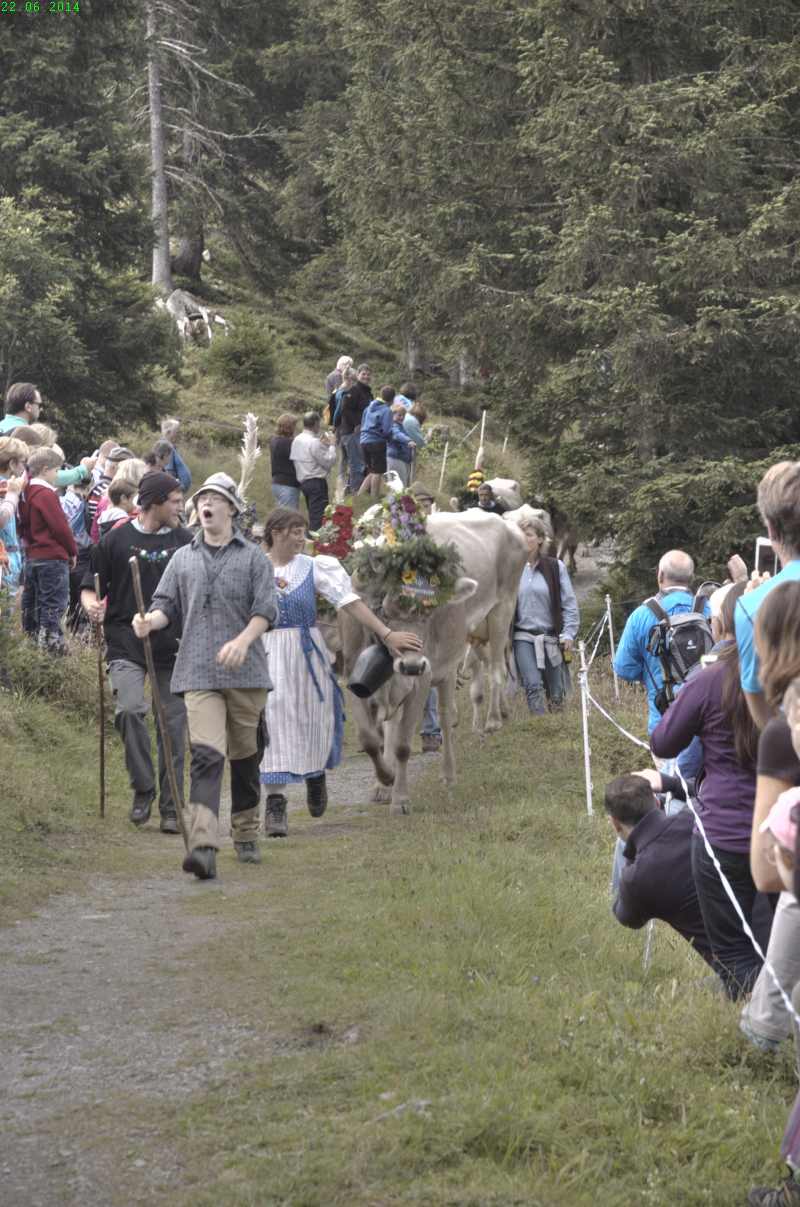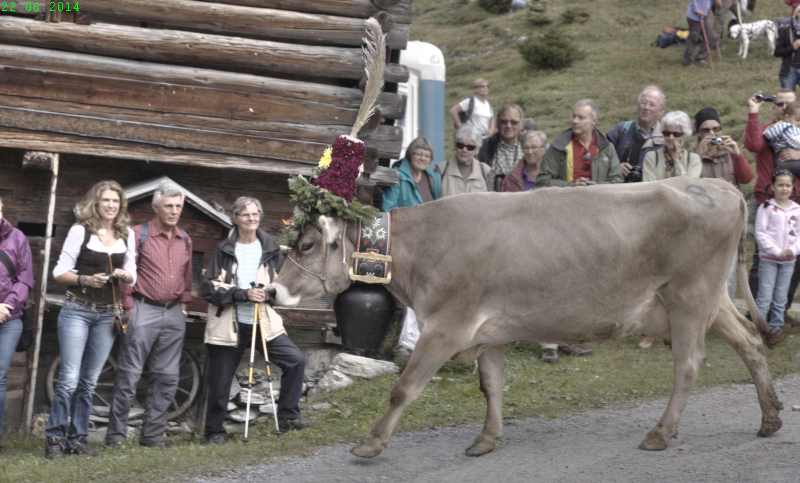Paragraph 1:“The operational level of war spans a continuum-from comprehensive strategic direction to concrete tactical actions.Bridging this continuum requires operational art which is creative vision coupled with broad experience and knowledge.Without the operational level of war, tactical actions devolve into a series of disconnected engagements that do not accomplish the mission or objectives of the joint force.”…

L’intuition d’un rapport entre la guerre et l’État est ancienne : « Le conflit est le père de toute chose », avance Héraclite. Cependant, sous l’influence de la culture stratégique américaine, qui considère la conflictualité comme une activité industrielle, la conduite de la guerre moderne est souvent comparée à une activité de gestion (Bühlmann 2014, Levy 2010). Mais dans les faits, les conflits ne consistent pas seulement en des processus industriels et logistiques visant à créer un effet stratégique au bon endroit, au bon moment et avec l’intensité demandée. Pour appréhender les guerres du futur dans une approche plus large, il est nécessaire de dépasser l’étude de la transformation de la guerre pour s’attacher à l’influence de la mutation des conflictualités sur la forme de l’État occidental.
Je vais tout d’abord rappeler l’approche proposée par le politiste Charles Tilly (1992), puis j’esquisserai les contours des nouveaux conflits avec un modèle générationnel et avec celui des menaces hybrides. J’analyserai alors quelques conséquences de la modification de la guerre sur celles de l’État en m’attachant à deux aspects : (1) la transformation du système de gouvernement et (2) la représentation du citoyen.

Christian Bühlmann (2015) « Les nouveaux conflits transforment-ils les États modernes ? » in swissfuture – das Magazin für Zukunftsmonitoring 02+03/15, Luzern, SwissFuture 29-32, pp. 73 – 87.
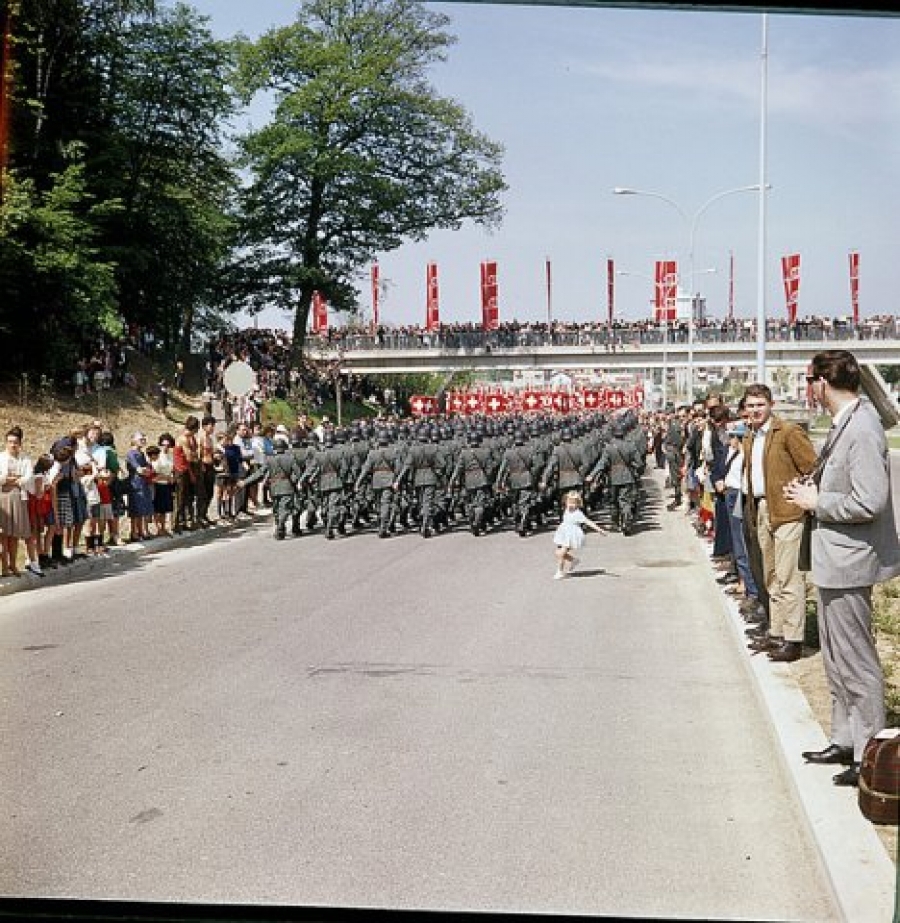
Image: http://www.militaryphotos.net/forums/showthread.php?192449-Swiss-Army-1950-1990-(old-school)&p=5418227&viewfull=1#post5418227
En Suisse, plus qu’ailleurs, l’armée n’est pas qu’un instrument de la politique de sécurité. Comme Peter Braun et al. l’affirment, elle est un « komplexes Gebilde, das durch mannigfaltige Bezüge eng mit der Gesamtgesellschaft verwachsen und verwoben ist» . Pour appréhender ce système complexe, il est nécessaire de dépasser les explications réductrices. C’est ainsi que Rudolf Jaun, Peter Braun et d’autres ont identifié la continuité, dans la longue durée, de catégories pérennes de croyances portant sur le militaire. Ces auteurs décrivent l’évolution des tensions entre deux visions du monde et leurs conséquences sur la politique de défense helvétique, pour une période allant jusqu’à la fin des années soixante : une posture réformiste et républicaine d’une part, et une posture militariste d’autre part.

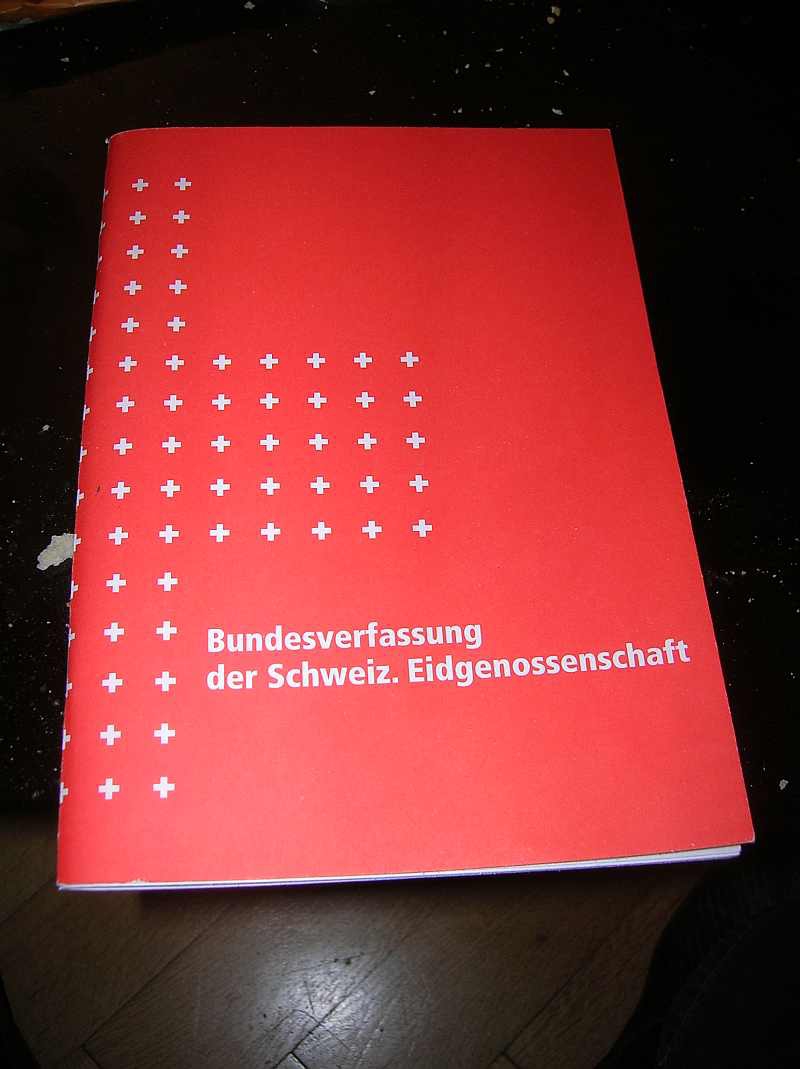
« A man asks the librarian for a copy of the [Swiss] Constitution. The librarian responds, ‘I’m sorry but we don’t carry periodicals.’«
Helvetized version based on http://bcn.li/s/co4bb
To my friends abroad: This is actually a positive feature of the Swiss political system!

- Do not feel absolutely certain of anything.
- Do not think it worth while to proceed by concealing evidence, for the evidence is sure to come to light.
- Never try to discourage thinking for you are sure to succeed.
- When you meet with opposition, even if it should be from your husband or your children, endeavor to overcome it by argument and not by authority, for a victory dependent upon authority is unreal and illusory.
- Have no respect for the authority of others, for there are always contrary authorities to be found.
- Do not use power to suppress opinions you think pernicious, for if you do the opinions will suppress you.
- Do not fear to be eccentric in opinion, for every opinion now accepted was once eccentric.
- Find more pleasure in intelligent dissent than in passive agreement, for, if you value intelligence as you should, the former implies a deeper agreement than the latter.
- Be scrupulously truthful, even if the truth is inconvenient, for it is more inconvenient when you try to conceal it.
- Do not feel envious of the happiness of those who live in a fool’s paradise, for only a fool will think that it is happiness.
http://www.brainpickings.org/2012/05/02/a-liberal-decalogue-bertrand-russell/

En préparant le programme du SPOT 2015 (SWISS MILITARY PROFESSIONAL OFFICERS TRAINING), je tombe sur une brochure sur laquelle je figure en première page.
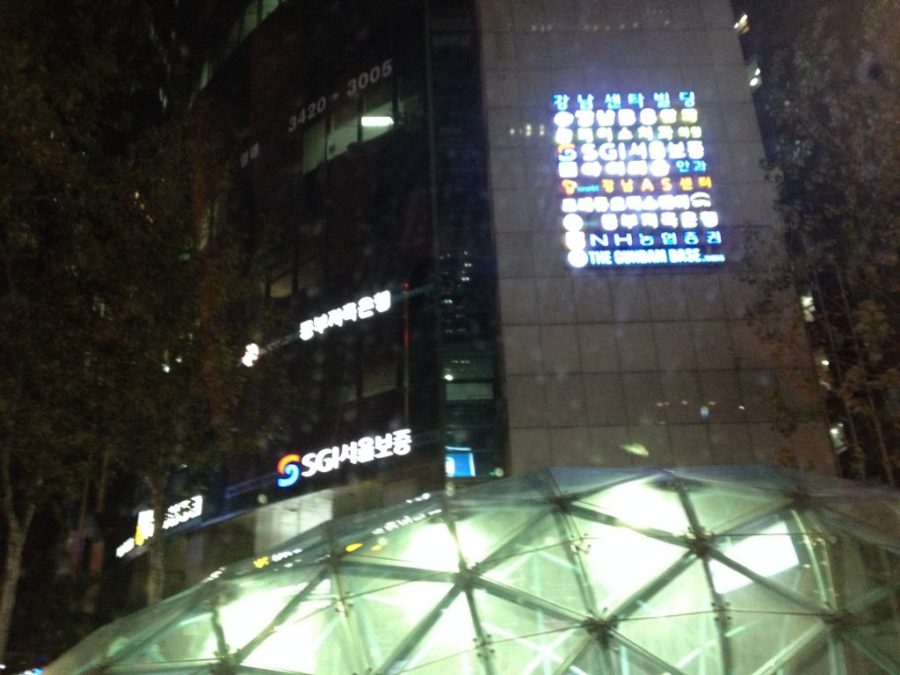
« Gangnam style » à la gare de Gangnam.
Nearly every other social science, except history (which is a weird social science and humanities border case), has the same properties. We have ideas, we have data. Sometimes we do experiments. We collect other data. Sometimes we can replicate results. Sometimes we make progress and accumulate evidence, but other times not. This is, essentially, how science is done.
– http://orgtheory.wordpress.com/2014/10/10/sorry-but-social-science-is-actually-a-science/
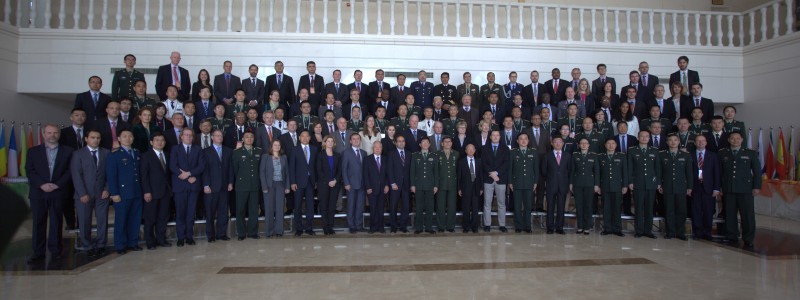
Around 120 participants from 30 countries and the United Nations, including leading policymakers, practitioners and academics, descended upon the scenic venue situated north of the Chinese capital, ready to exchange experiences, views and ideas on how to overcome obstacles, build capacities and promote the effective implementation of peace operations.
After a tour of the Peacekeeping Centre, where training programs are run for Chinese peacekeepers before deployment, the Challenges Annual Forum was opened by Senior Colonel Zhang Li, Deputy Director-General of the Peacekeeping Affairs Office of the Ministry of National Defense of China and Ms Annika Hilding Nordberg, Director of the Challenges Forum Secretariat, outlining the agenda and setting the tone for the dynamic discussions to follow: while there are many challenges of modern peace operations, they can be overcome by a committed partnership.
The thematic focus for this Annual Forum was « Building Capacity for Peace Operations in Response to Diversifies Threats: What Lies Ahead? » – a topical issue in view of the increased presence of non-traditional threats in many areas where peace operations are deployed.
The chosen theme was also very timely in relation to the upcoming review of the UN peace operations, initiated by the UN Secretary-General Ban Ki-moon last June and to be completed next year. How to enhance the tools and capabilities of the UN peace operations to more effectively meet the challenges in complex security environments will be a central theme for this review. Mr David Haeri, Director of the Policy, Evaluation and Training Division, Departments of Peacekeeping Operations and Field Support in the UN Secretariat, shared the current thinking of the United Nations on these matters.
The challenges posed by the non-traditional threats – such as terrorism, piracy, asymmetric warfare and transnational organized crime – give rise to a number of questions, not only about what strategies, capabilities and skills are needed for peacekeepers to effectively deliver on their mandates, but also how to improve the ability to better face threats directed at the peacekeepers themselves. Two of the sessions were devoted to the above set of questions. Among the issues raised was the need to make better use of modern technology and innovations and to develop strategic partnerships with regional organizations.
A third session took a closer look at the logistical requirements of conducting complex peace operations, in particular in remote areas. As the security threats increasingly take on non-traditional forms and often occur away from urban centers, in locations where the infrastructure is poor, the logistical challenges of undertaking peace operations are becoming more daunting. Also here, the question of how best to provide the right capabilities was addressed, including the need for logistics support for rapid deployment and for robust mandates.
Insightful and thought-provoking recommendations
A fourth and final session focused on the issue of partnerships for capacity-building of peacekeepers, both at international, regional and national levels. Among the recommendations put forward was the need to enhance pre-deployment training and training while deployed, to harmonize standards for training program and to promote a more interoperable training system for the peacekeepers.
The distinguished panelists offered insightful and thought-provoking presentations and recommendations, highlighting different aspects of the issues at hand. The interactive discussions in the auditorium were continued over the coffee breaks and at the dining table, the different professional and regional perspectives mixing and synergizing.
The horizons were further expanded by a visit to the Great Wall. A much appreciated tour of the Police Peacekeeping Training Centre in Lanfang was also arranged for the participants in the Challenges Annual Forum. Madam Nancy Gao, Director of the Police Peacekeeping Training Centre, and her team gave a presentation of the training program offered, including a demonstration of exercises by a Formed Police Unit training to be deployed in Liberia next year.
At the end of the Challenges Annual Forum, Major General (ret.) Huang Baifu, Vice Chairman of the China Institue of International Strategic Studies, offered concluding remarks and summarized the main points of the discussions. As pointed out by the hosting nation, the autumn is the season for harvest. Indeed, the Challenges Annual Forum in Beijing produced a rich outcome in terms of ideas, proposals and recommendations, as well as strengthened partnerships and networks among the participants. And most certainly, new seeds have been sown for later harvest in coming years.
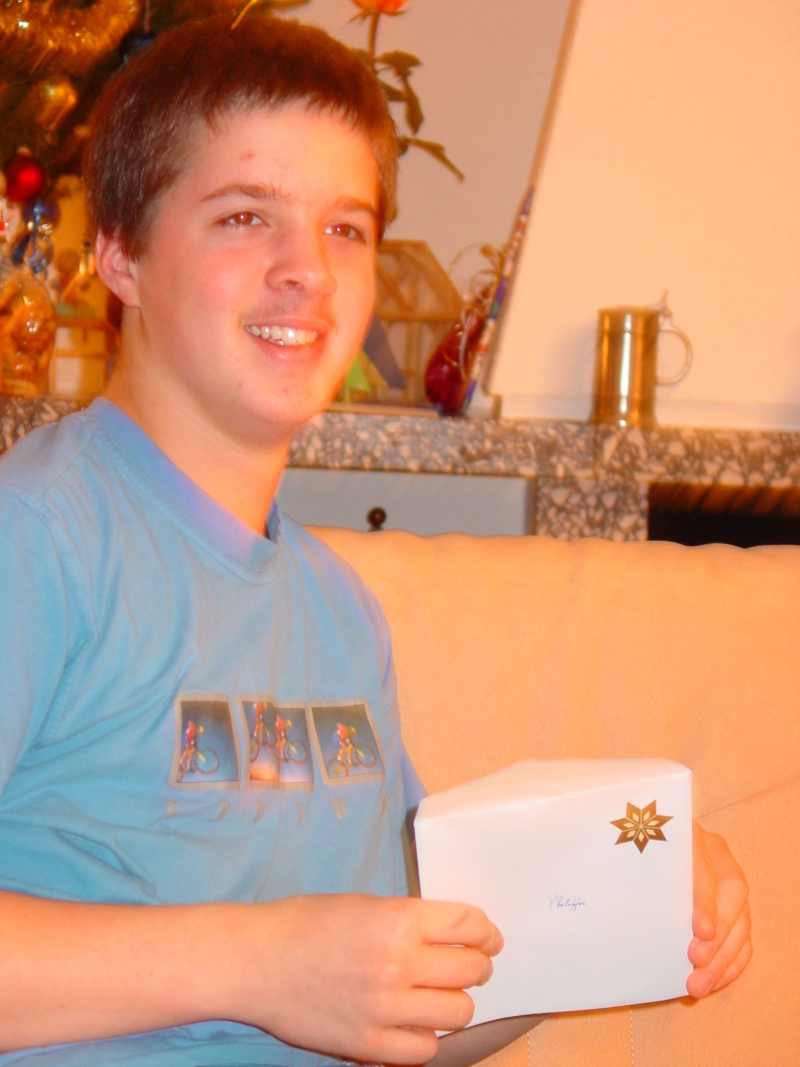
Se rappeler les bons souvenirs et le temps passé ensemble : une manière de berner le chagrin.
Chez moi, Philippe avait installé les lustres; faire la lumière, c’est aussi penser à lui.

Very nice reunion of some of the finest members of the 2007 RCDS Members in Geneva on the 25th of October 2014.
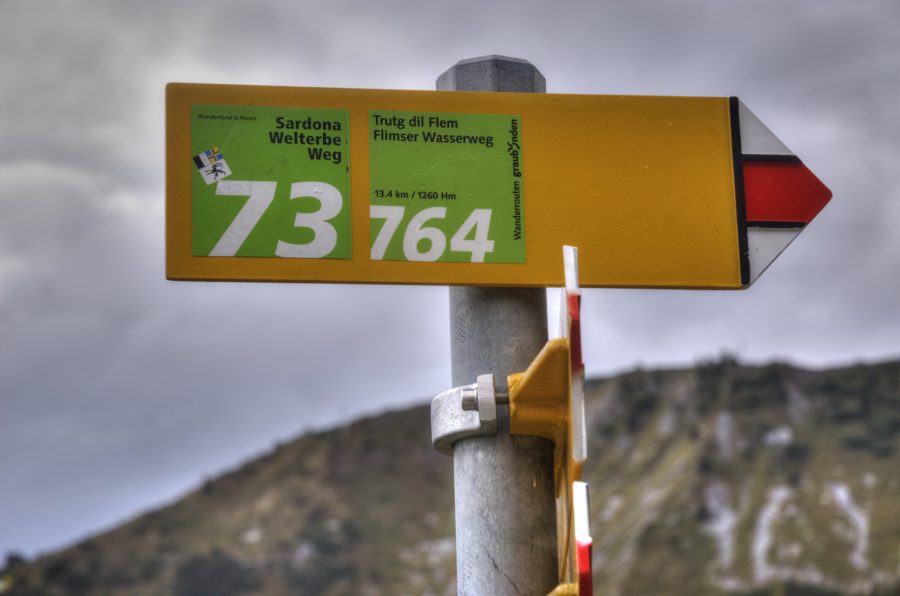
The Trutg dil Flem, the Flem Riverside Trail, will provide sustainable and environmentally friendly access to these attractions.
Over 13 km in length and max. 50cm wide, the trail runs from the source of the Flem in upper Segnesboden, into the centre of the village.
It hugs the river banks as closely as possible and passes through the unique landscapes of the gorge which the Flem has carved in the rockslide. The Trutg dil Flem, the Flem Riverside Trail, provides sustainable and environmentally friendly access to these attractions. Walkers along the trail will cross seven bridges by the famous Grisons-based bridge designer Jürg Konzett. So that less experienced hikers can enjoy the Trutg dil Flem, it can be walked in sections with several entrances and exits.
Text Source: http://www.flims.com/en/nature/wasserweg-flims/
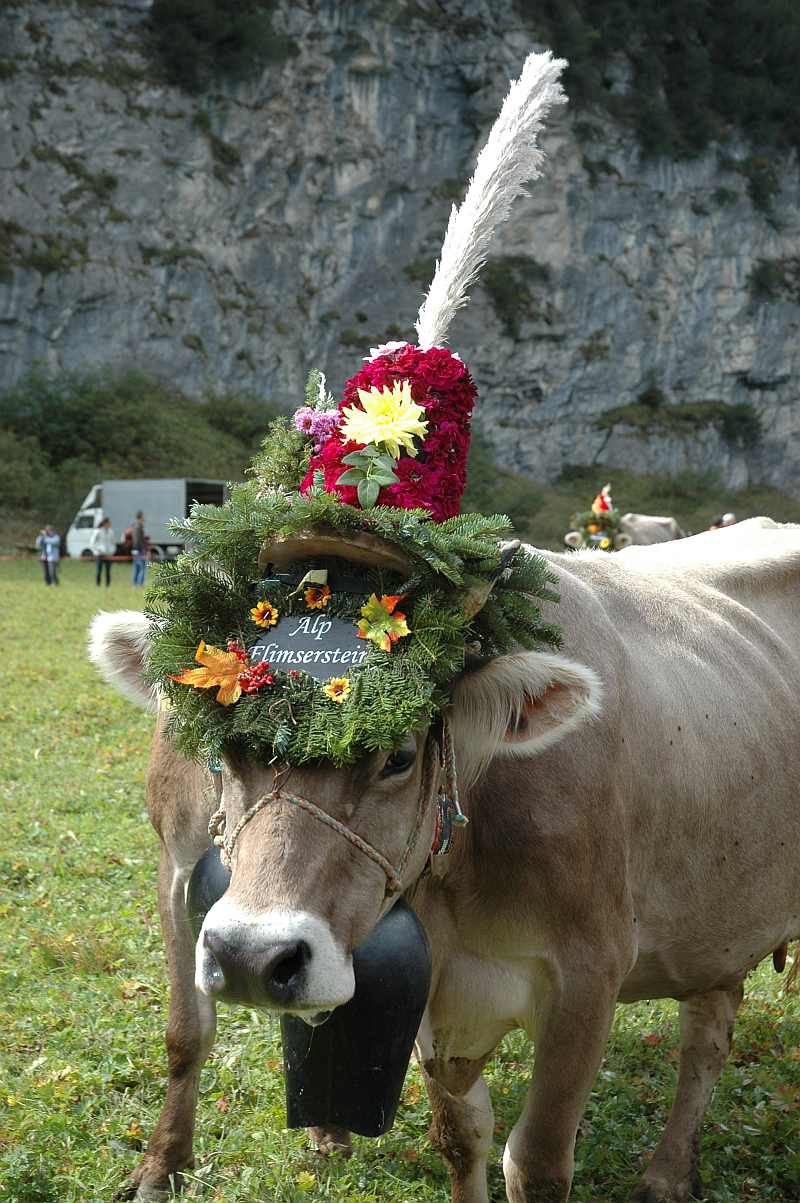
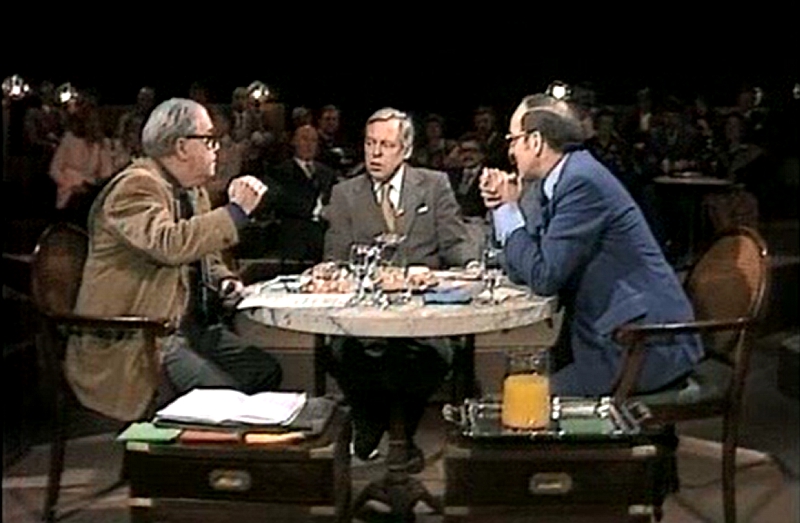

« Unter der Leitung von Heiner Gautschy diskutieren Bundesrat Kurt Furgler und der Schriftsteller Max Frisch über das Verhältnis von Künstler und Staat, die Macht des Wortes, die Zustände in der Schweiz und über Literatur und Politik. »
http://bcn.li/s/vyyan

Jolie randonnée dans le fond de la vallée de Lauenen vers la cabanne CAS de Gelten.

Non loin de Burgdorf, dans un petit val qui mousse de rayons. Pas de soldat faisant un somme; seule chante une rivière, ou plutôt un ruisseau. Dans la gorge du Mutzbach, entre deux falaises de molasse, une petite cascade rafraichit le promeneur.

Christian Bühlmann (2014) « Vers l’armée de marché ? La pensée stratégique au défi de l’approche gestionnaire » in Stratégique n°107, 2014 – Regards croisés franco-suisses, Paris: Institut de Stratégie et des Conflits – Commission Française d’Histoire Militaire – Ecole militaire, pp. 73 – 87.


